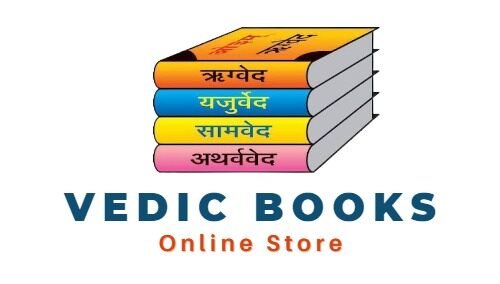The Rich Heritage of Vedic Literature
Vedic literature stands as one of the oldest and most profound bodies of knowledge, stretching back thousands of years and forming the bedrock of Hindu culture and religious practices. The origins of this literature trace back to ancient India, where sage philosophers composed these texts, imbuing them with spiritual and philosophical depth. The cornerstone of Vedic literature comprises four primary texts: the Rigveda, Samaveda, Yajurveda, and Atharvaveda.
The Rigveda is notably the oldest of the Vedas and contains hymns dedicated to various deities. These hymns are rich in poetic diction and have played a significant role in ritualistic ceremonies and daily spiritual life. The Samaveda consists of melodies and chants that enhance the liturgical aspect of the Rigvedic hymns, forming the foundation for Indian classical music and chanting traditions. The Yajurveda is akin to a guidebook for conducting religious rituals, providing precise instructions for ceremonial offerings and sacrificial rites. The Atharvaveda, unique in its content, encompasses a diverse range of topics including healing practices, magic formulas, and philosophical musings.
Each of these Vedic texts contributes uniquely to the corpus of Hindu religious thought and practice. The philosophies outlined in these texts emphasize the pursuit of knowledge, the importance of ethical living, and the quest for truth. Renowned for their depth, Vedic hymns and rituals delineate a framework for spiritual development and societal order. Beyond their religious significance, these texts have profoundly influenced Indian culture, from language evolution to artistic expression and scholarly discourse.
Moreover, the teachings encapsulated in Vedic literature have permeated various schools of Hindu thought. Schools such as Vedanta, Samkhya, and Yoga draw heavily from Vedic philosophies, advocating diverse paths to achieving spiritual enlightenment and liberation. These scriptures have also left an indelible mark on Indian life ethics, guiding moral conduct and societal norms. As a result, Vedic literature is not merely a historical relic but a living tradition that continues to inform and enrich the cultural and spiritual fabric of Indian society and beyond.
Navigating a Modern Vedic Books Store
When stepping into a contemporary Vedic books store, the ambiance is an immediate reflection of the rich heritage and profound wisdom embodied in Vedic scriptures. Typically, the layout is meticulously organized to ensure a seamless exploration of the diverse range of topics covered. Upon entering, you might encounter sections distinctly categorized to guide your journey through this extensive repository of knowledge.
Religious texts often form the cornerstone of these stores, featuring canonical works such as the Vedas, Upanishads, and the Bhagavad Gita. Adjacent to these classic scriptures, you will find comprehensive collections of spiritual guides aimed at enhancing one’s meditation practices, fostering self-improvement, and understanding the deeper aspects of dharma. Philosophical treatises offer deeper dives into the principles of Vedanta, Samkhya, and other essential Indian philosophical schools, making them indispensable for scholars and avid learners.
The sections dedicated to Ayurveda and wellness are particularly notable, showcasing a range of texts that delve into traditional Indian medicine, natural healing practices, and holistic well-being. Modern interpretations of ancient scriptures are also prominently displayed, offering contemporary insights and relatable commentaries that bridge the gap between ancient wisdom and present-day life.
The diversity of authors and publishers is another remarkable aspect, reflecting the vast and inclusive nature of Vedic literature. It is common to find works by renowned scholars, spiritual leaders, and international authors who contribute to the dynamic interpretations and accessibility of these ancient texts. Additionally, many of these stores ensure that their collections include multilingual editions and translations, thereby making Vedic knowledge accessible to a broader audience and fostering a deeper understanding across different linguistic backgrounds.
Beyond being mere repositories of books, modern Vedic bookstores often serve as vibrant cultural hubs. They host a variety of events including book launches, discussions, and workshops that promote the assimilation of Vedic knowledge while fostering community engagement and continued learning. These activities not only enrich one’s spiritual journey but also build a sense of community among like-minded individuals seeking spiritual and intellectual growth.
